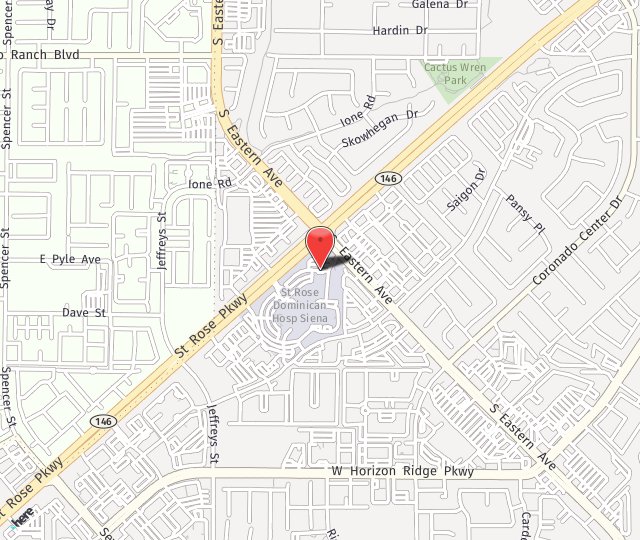Pain Management After Plastic Surgery
Have you noticed that “discomfort” is the word used most frequently to describe the pain experienced after plastic surgery? It definitely sounds more acceptable than the word “pain”.
All surgery or injury has the capacity to create pain. Some surgical procedures, such as abdominoplasty (tummy tuck) are notoriously more painful than others. Irrespective of procedure, and just as important, some patients tolerate pain better than others.
Individual differences in pain sensitivity are due genetic and psychological factors, such as past experience with pain, emotional state, nerve sensitivity, and expectations about pain. Two people can tolerate the same amount of pain, but one may voice their felt pain more readily than someone else. One person might feel an unbearable amount of pain, but stays quiet, doesn’t medicate, and goes on with his or her day, while another person, under the same physical stress, manifests his or her pain by moaning, pill-popping, crying, and staying in bed. This attitude hinders recovery and predisposes a person to complications. I find myself counseling patients reminding them that it is “Mind over Matter.”
Patients undergoing surgery often report very different levels of postoperative pain irrespective of the procedure performed. Some patients after a small 30-minute breast augmentation “over-the-muscle” with no tissue stretch report severe pain and cry for 2 weeks in their pajamas, eating bottles of narcotics. I have seen other tight, flat-chested women with 500 CC submuscular implants reporting no pain, taking nothing but Tylenol afterwards. Don’t make decisions on your surgical procedure based on the amount of pain you may or may not have afterwards. Trust your physician to recommend the procedure that will provide you with the best cosmetic results.
I always find it interesting that some patients presenting for plastic surgery are surprised that some degree of pain will go along with their surgical procedure. “No pain, no gain” is another expression I use on a regular basis in the office setting. I am not someone who “sugar-coats” the nature of the procedure, telling the patient what they want to hear, versus being completely honest and telling them frankly how it is going to be. Patients need to be prepared both mentally and physically to set accurate expectations to manage post-operative pain and be able to overcome it both with prescribed medications and a strong mental attitude. Not being prepared is usually a set-up for an emotionally difficult recovery.
Let’s face it, everything we do to people in the medical environment is uncomfortable and anxiety provoking, whether its surgery, a vaccine, a chemical peel, Botox, taking out a drain, or taking out sutures. Similarly, going to the dentist, going to the gym, and quitting smoking and other addictions, hurt too. So put it in perspective. At least if you are undergoing surgery you are under general anesthesia and are prescribed pain and anxiety medication. Adjuncts such as topical numbing cream, ice, local anesthesia, and nitrous gas (laughing gas) help with in-office procedures. There is no such thing as a “discomfort-free” experience as you proceed through a mental and physical body transformation.Patients need to be mentally strong with a good mental attitude and they will always fly through it.
On average, most surgical procedures have a 1-2 week recovery with some “good days” and some “bad days”. Patients are prescribed narcotics, muscle relaxers and anxiety medication in addition to antibiotics and other indicated medicines. More invasive procedures such as abdominoplasties, or combined breast/body contouring surgeries are generally more painful than others. Pain pumps infusing numbing medicine and nerve blocks are important adjuncts in certain procedures to keep the procedure as comfortable as possible afterwards and facilitate early mobility.
Patients with a history of chronic pain and anxiety requiring daily narcotic medication will have tolerance to the pain medications prescribed. In these cases, pain management specialists need to be involved before surgery to help manage the pain associated with surgery.
Depending on the procedure, most patients are completely off pain medication or are weaning after one week. Because every patient is different, variability exists amongst patients. Time passes quickly and before you know it, you will be fully recovered and back to your old self. Be patient. Everyone gets through it and you will too.
Underlying fears of surgery and anesthesia are also common. Keep in mind that surgery and anesthesia are very safe. There are risks with life and everything we do on a day-to-day basis. Keep things in perspective and don’t live in fear. This is plastic surgery; we are working outside the body dealing with skin, fat and sometimes muscle. This is not heart surgery, bowel surgery, or brain surgery, and you are not sick. According to the CDC, the biggest causes of death are Heart disease, Cancer, Respiratory diseases, Stroke, Motor Vehicle Accidents, Alzheimer’s disease, Diabetes, Kidney Disease, Influenza and Pneumonia, and Suicide. Not Plastic Surgery…
Desert Hills Plastic Surgery Center is very fortunate to have a Board Certified Anesthesiologist on site, committed to providing safe and effective anesthesia. Dr. Steve Brown has been a Board Certified anesthesiologist since 1993 and my husband since 1996. We work together as a team in surgery, which translates, in my opinion, into improved patient safety. I feel comfortable during the operation, knowing my patient is safe in his hands. A stranger with unknown certifications and training does not show up the morning of your surgical procedure to put you to sleep. He knows my practices, my techniques, and my patients, and he is available both before and after surgery for all concerns and pain management issues.

